Ángela, 24 years old and mother of three, tells the story of the abuse she suffered from a young age, and how she became involved in the drug trade.
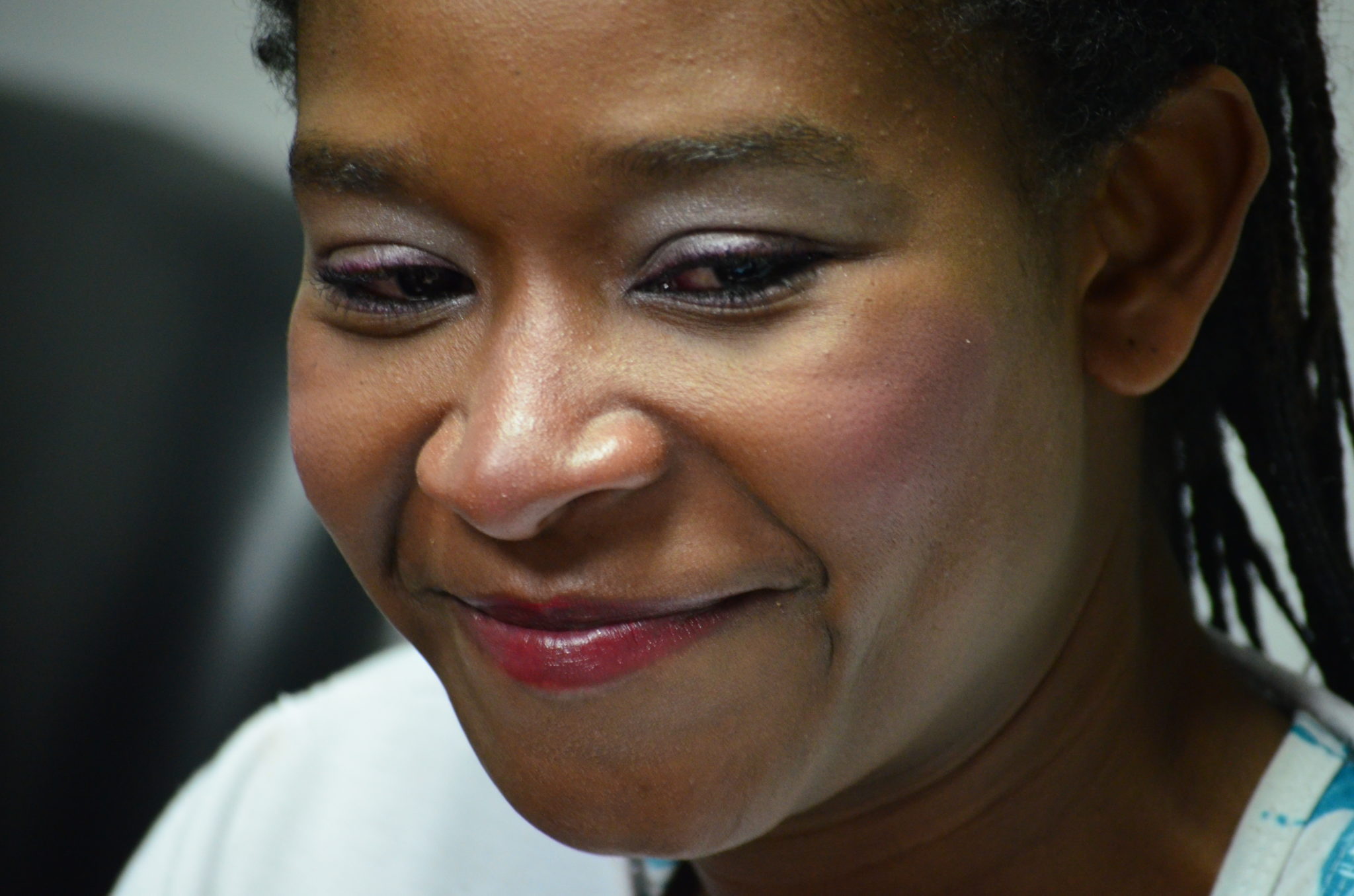
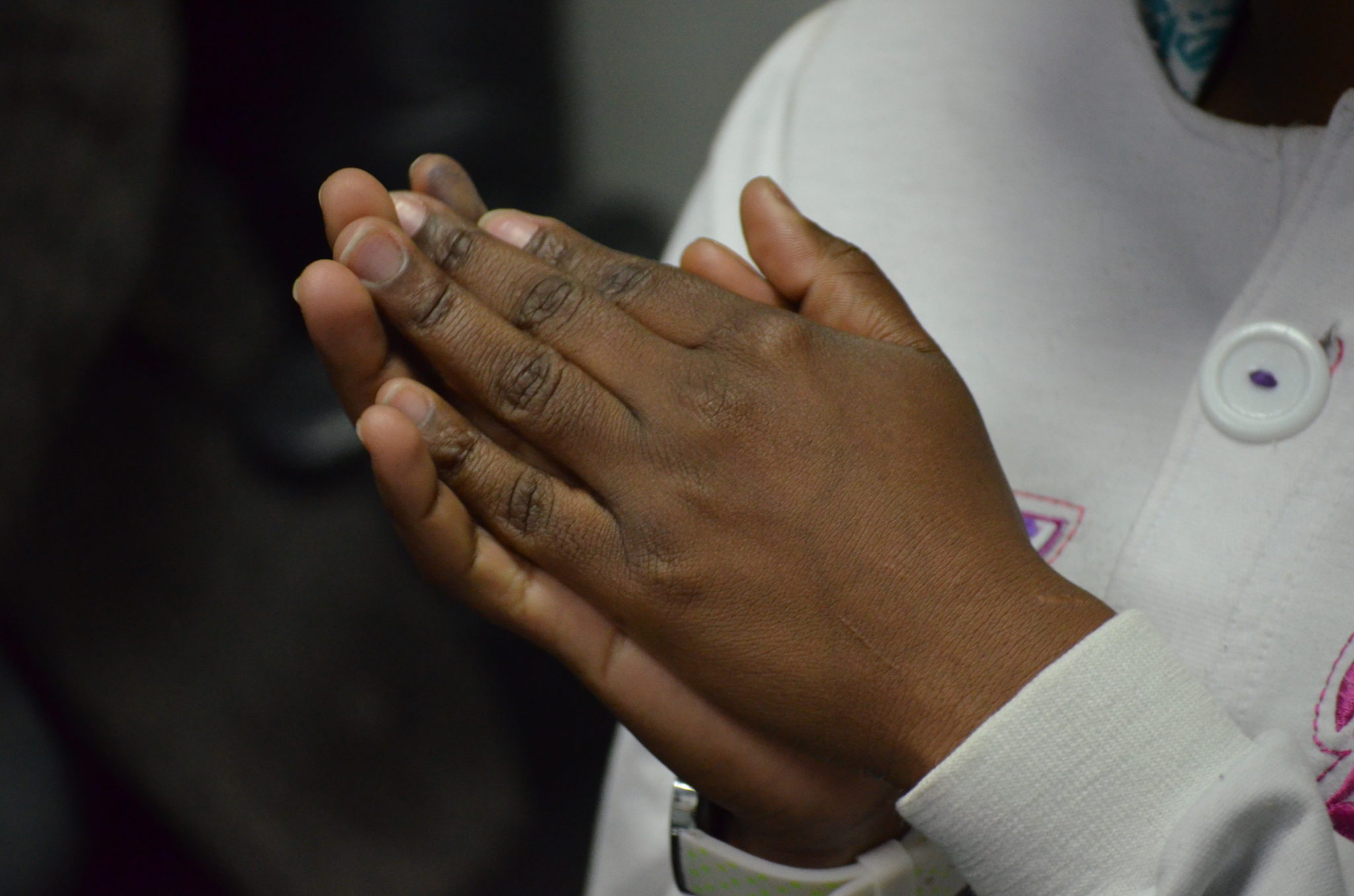
Ángela is 24 years old, a mother of three, and has completed four of her six-year sentence.
Her story is one of violence and discrimination. She remembers her childhood with sadness; her mother mistreated her. At 13, she became pregnant from a 21-year-old man.
Even while pregnant, she continued suffering her mother’s violence. She spent time under the care of the state, on the street, and in her grandmother’s house.
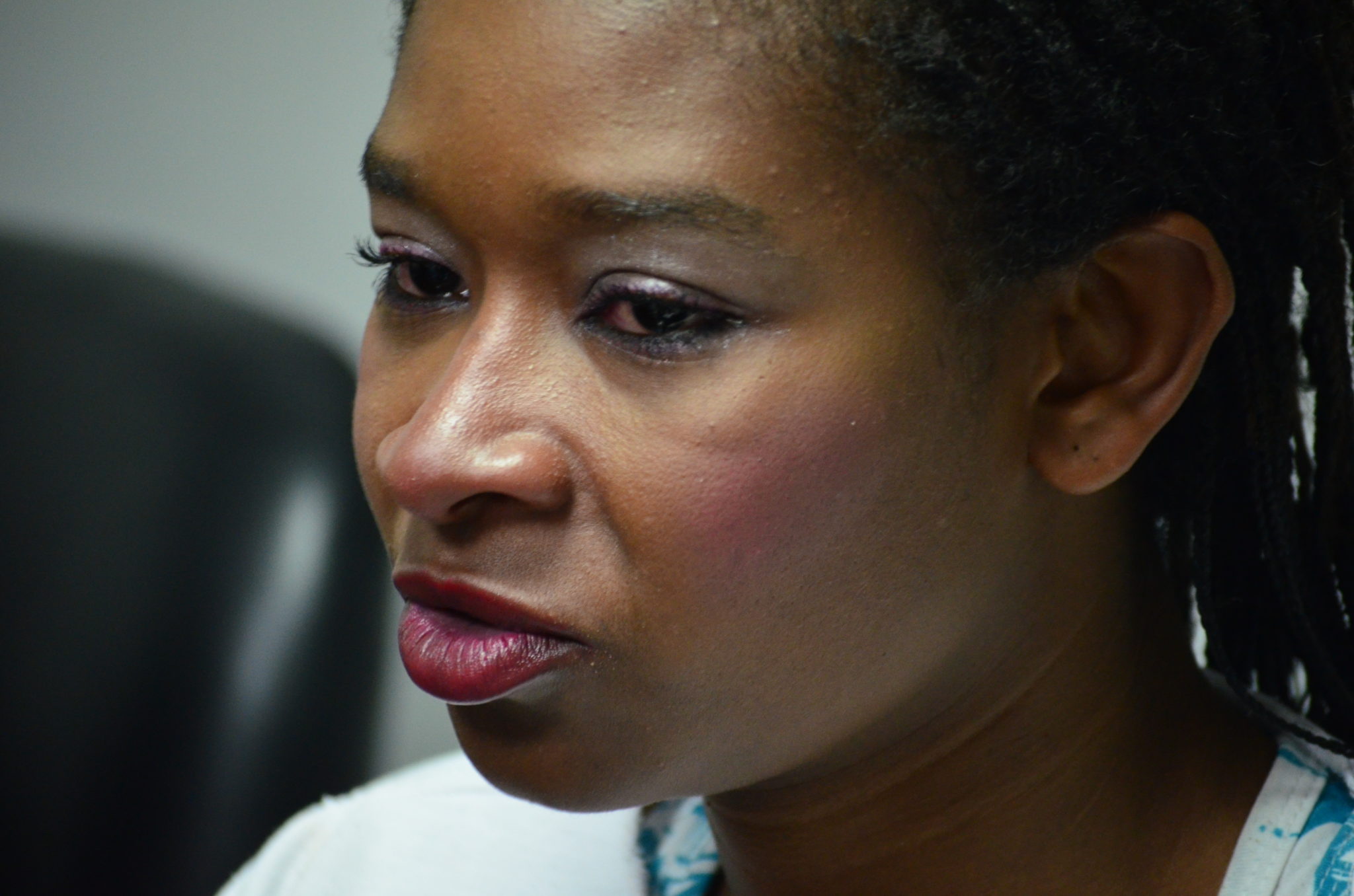
At 15, she met another much older man.
Desperate to find a safe place to live she would not have to live on the street, she went to live with him. She had her second child at 16, her third at 18.
This man also hit her, and once stabbed her.
The man was eventually arrested and imprisoned for robbery.
He pressured her to bring drugs into the Acacias prison in Meta, Colombia.
“More than anything I felt an obligation… he told me that if I didn’t they would stab him… I loved him, he was the father of my children.”
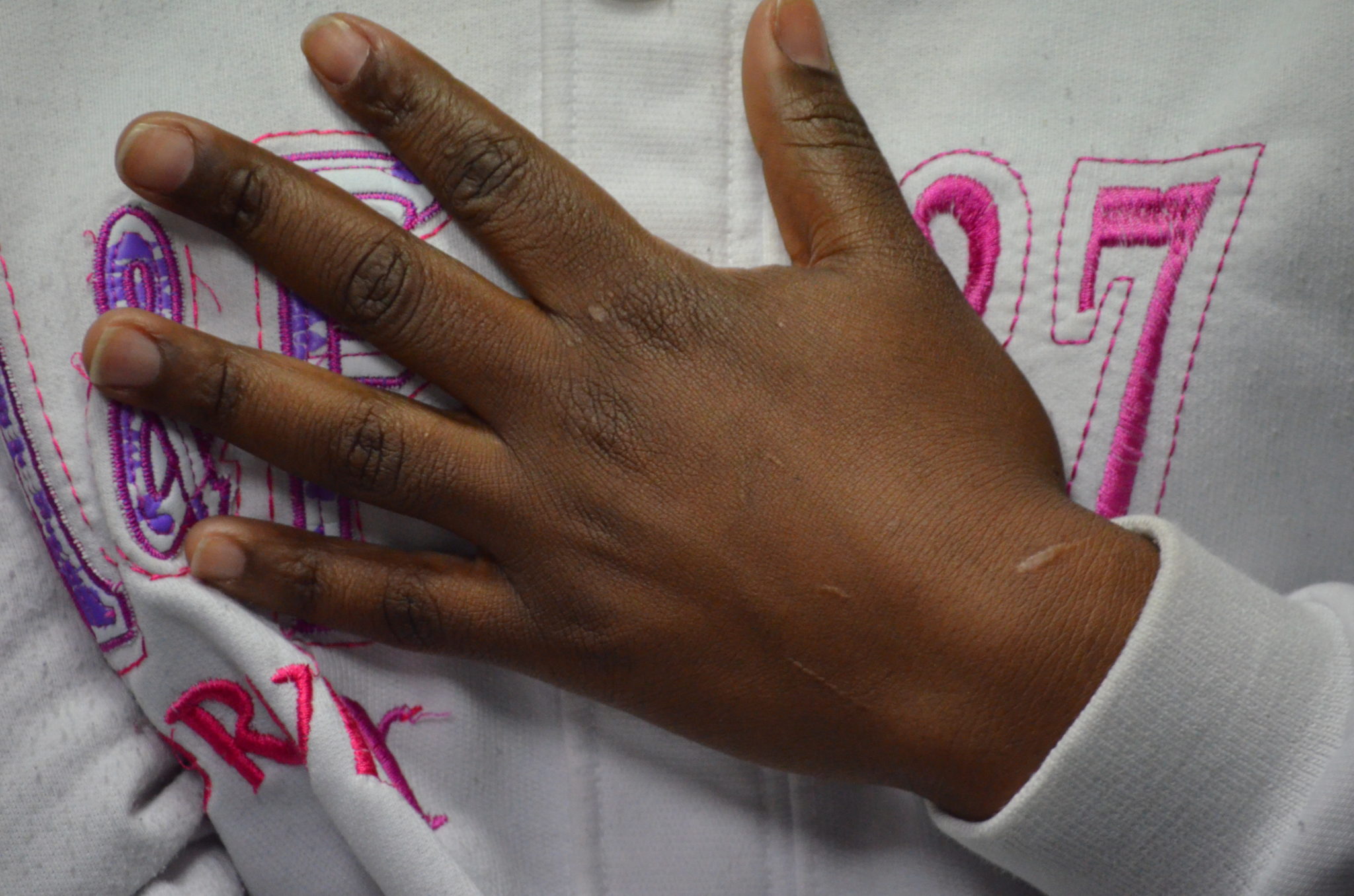
In a 2011 visit to the prison, dogs detected the drugs she was carrying in her body and she was incarcerated. She has been subject to racist abuse and discrimination by the guards and other prisoners.
“[The guard] called me black slave, a disgusting black woman… [and my fellow prisoners] called me soot-colored… a gorilla, an ape.”
“[The guard] called me black slave, a disgusting black woman… [and my fellow prisoners] called me soot-colored… a gorilla, an ape.”
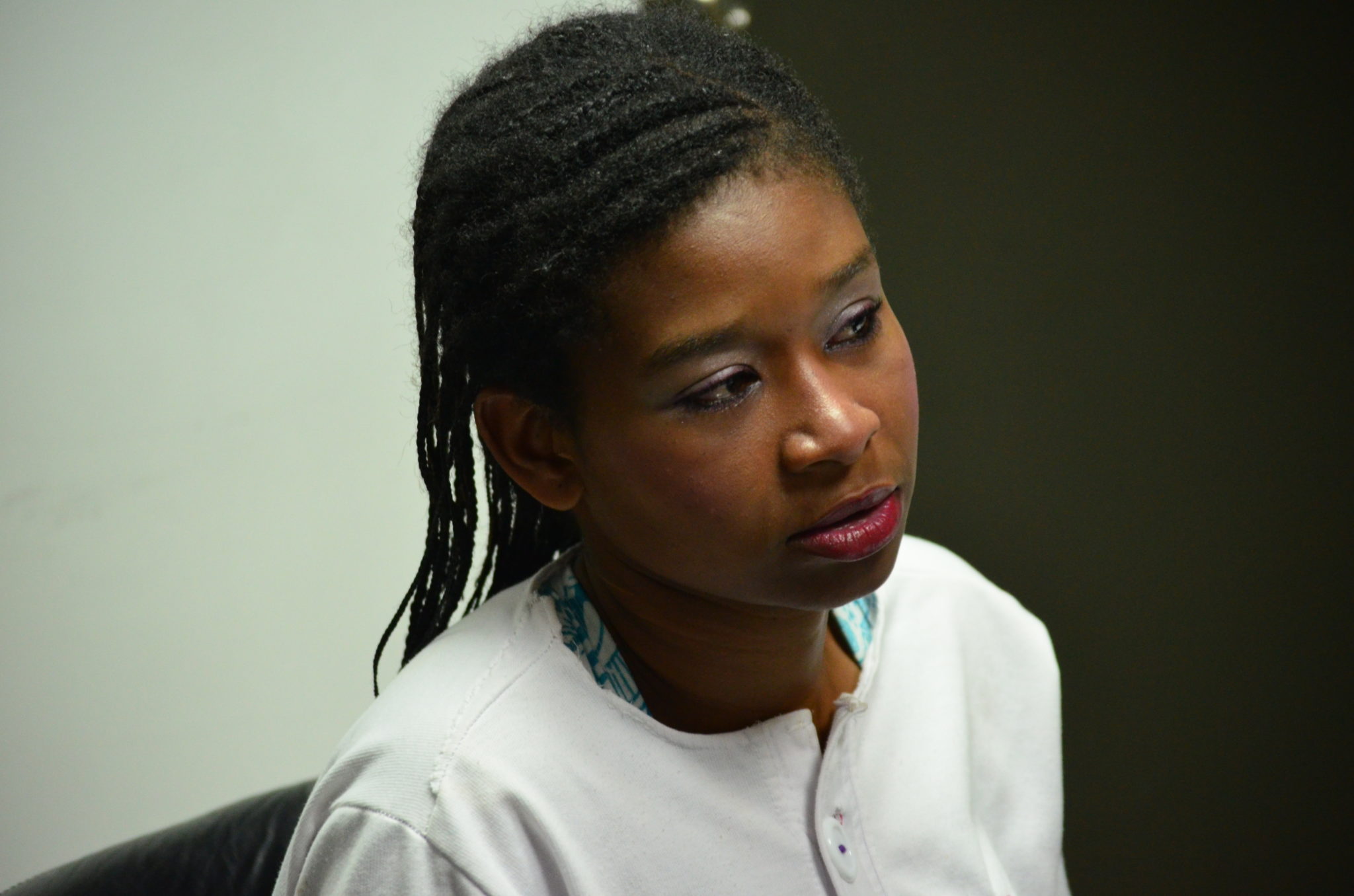
“[The guard] called me black slave, a disgusting black woman… [and my fellow prisoners] called me soot-colored… a gorilla, an ape.”
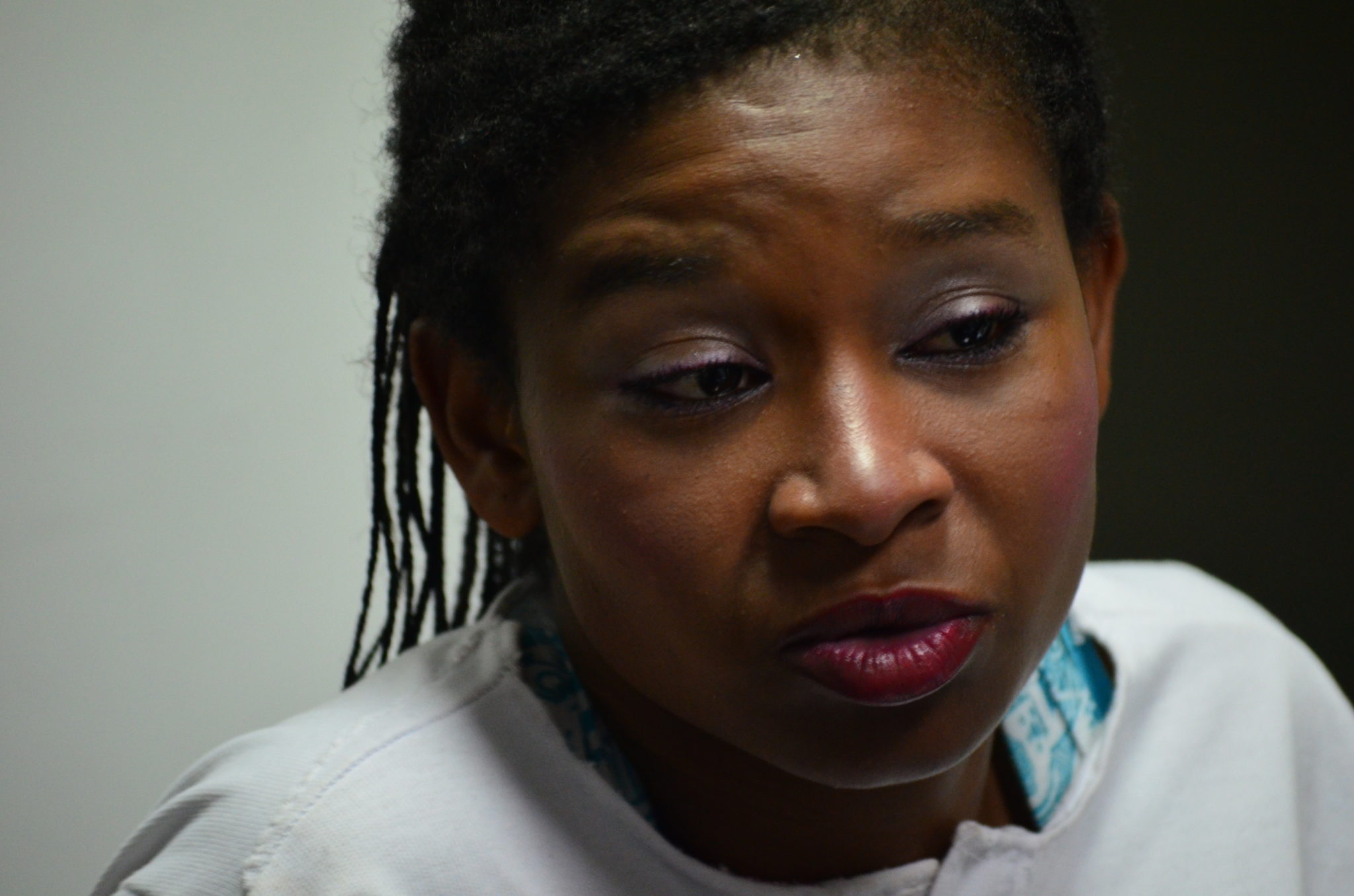
“You feel horrible, tiny and despised… they tread me like I was the worst.”
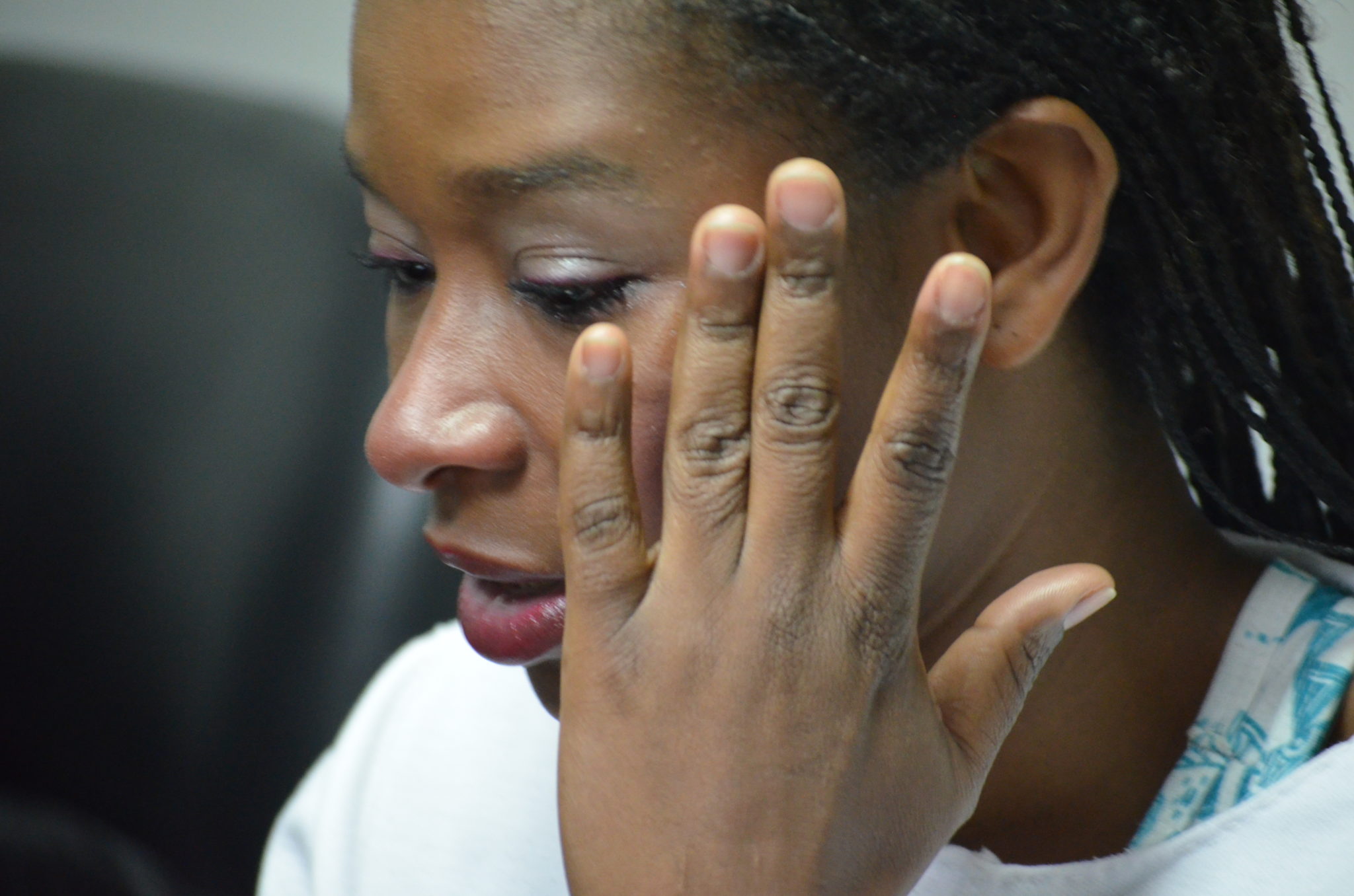
“I always call and ask mama what are you doing? [She tells me] ‘Look, I don’t have money. I have to pay rent, buy food for the kids.’ And what do I do?… Ay, you feel powerless, because you can’t do anything.”
“My mom came five months ago, she’s been the only one in my family [to visit] it depresses me… I want to see her, I miss her, [I want] her to give me a hug. I don’t consider myself a criminal because I’m not one. It was for love… that I did what I did.”
Sergio Chaparro is a lead researcher at Dejusticia, a Colombian NGO that documents and advocates for actions to counter discrimination. He says that the experience of Afro-Colombians – as well as other minorities – is particularly harsh in Colombia.
“The discrimination suffered by ethnic miorities in Colombia is exacerbated in prison. The discrimination they suffer for being women is made even worse for being Afro-Colombian or indigenous.”
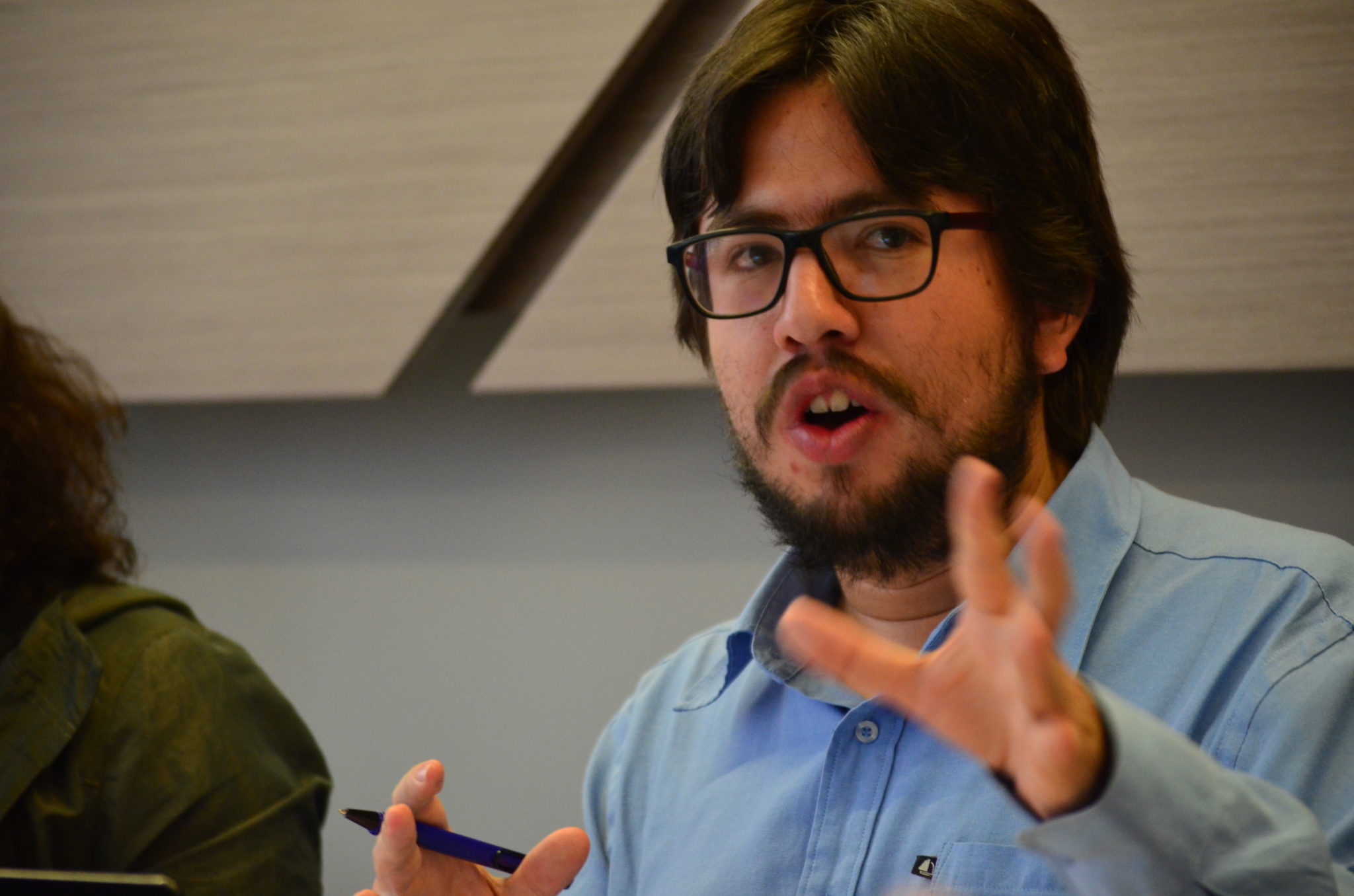
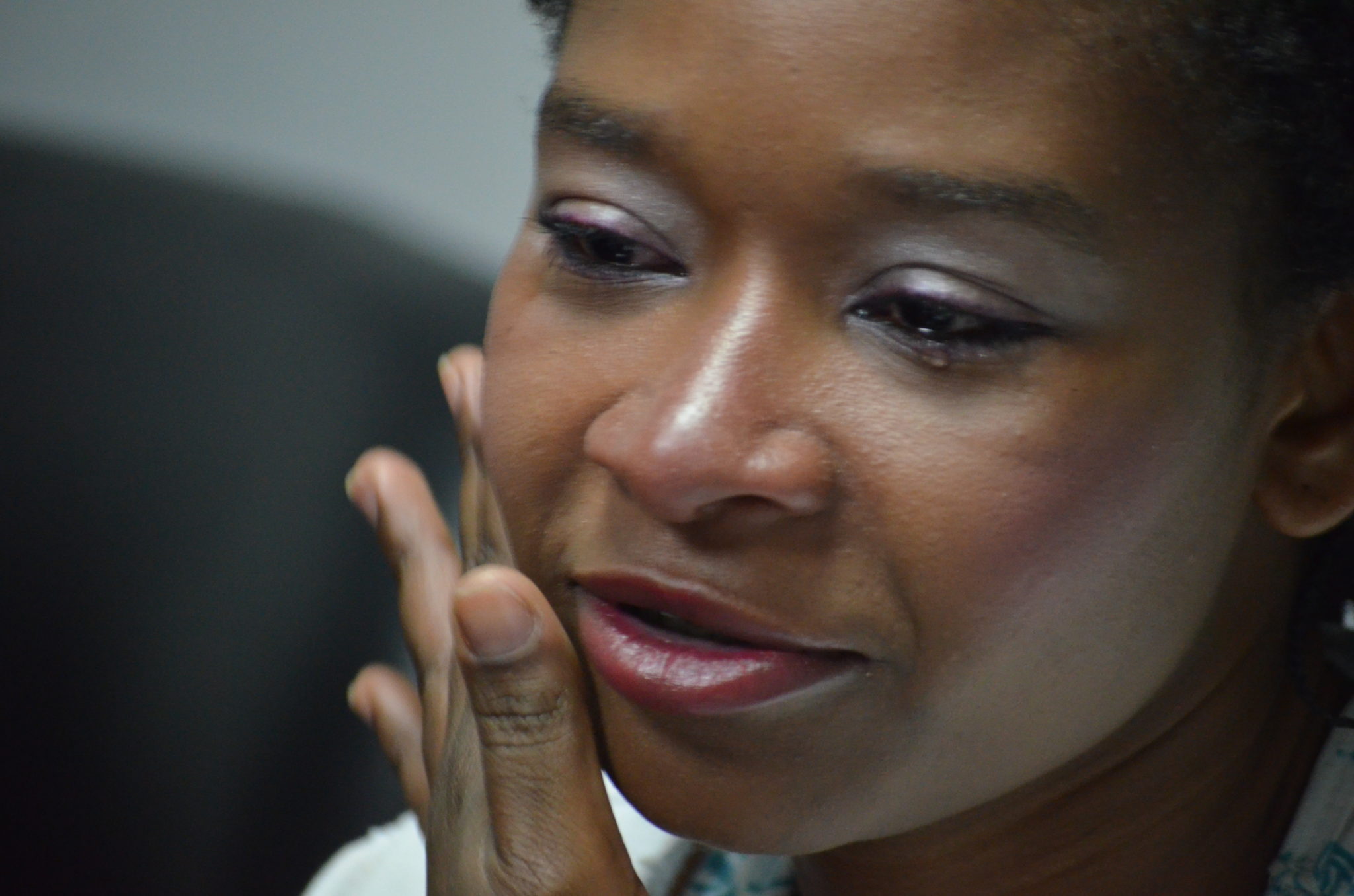
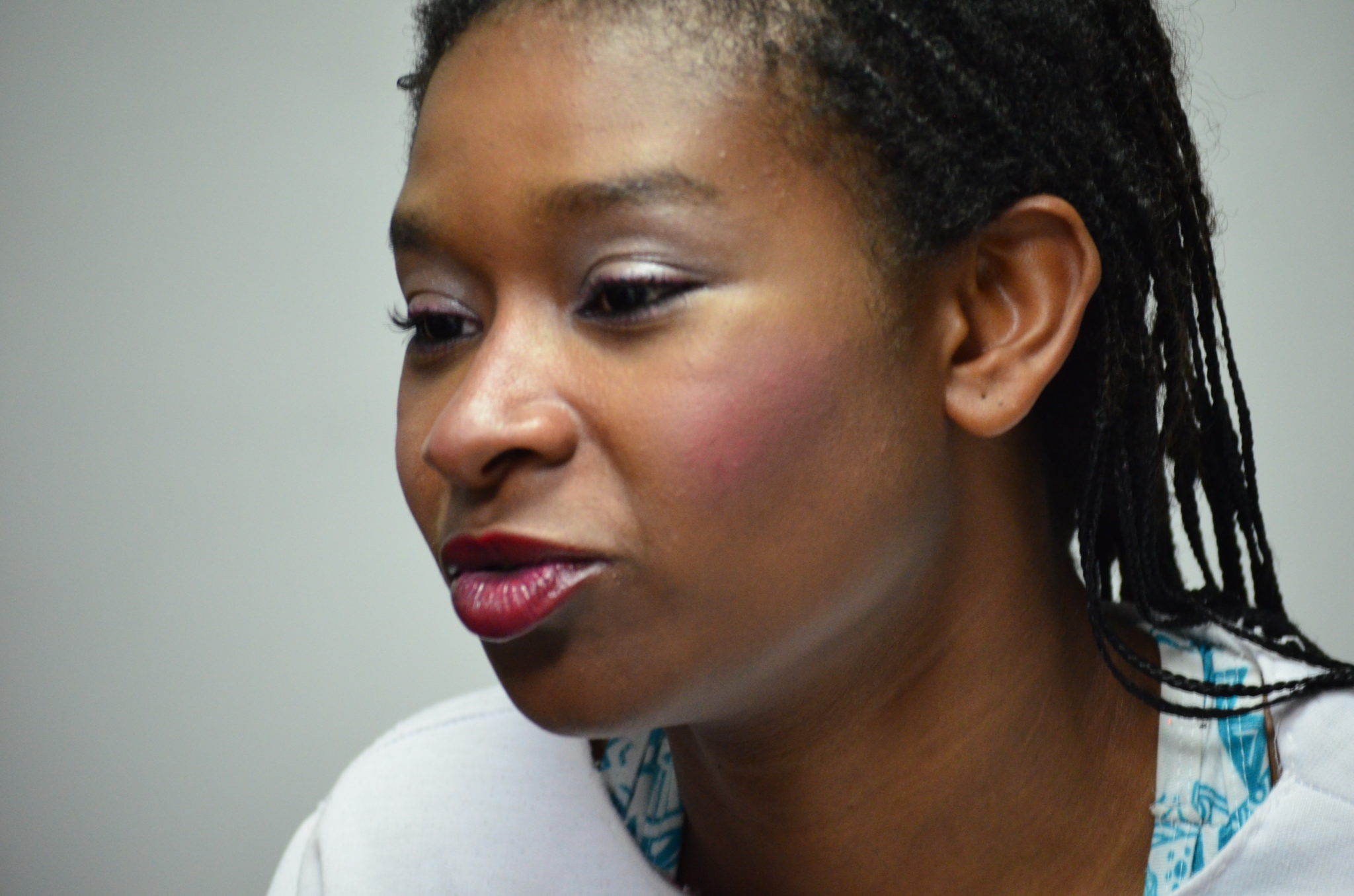
Producer and Photographer
Adam Schaffer
Interviewers
Demaluí Amighetti, Marie Nougier, Luz Piedad Caicedo, Sergio Chaparro, Zhuyem Molina, Nischa Pieris
Editorial Assistance
Coletta Youngers, Kathy Gille, and Kristel Muciño
Special thanks to the Ministry of Justice and Law of Colombia